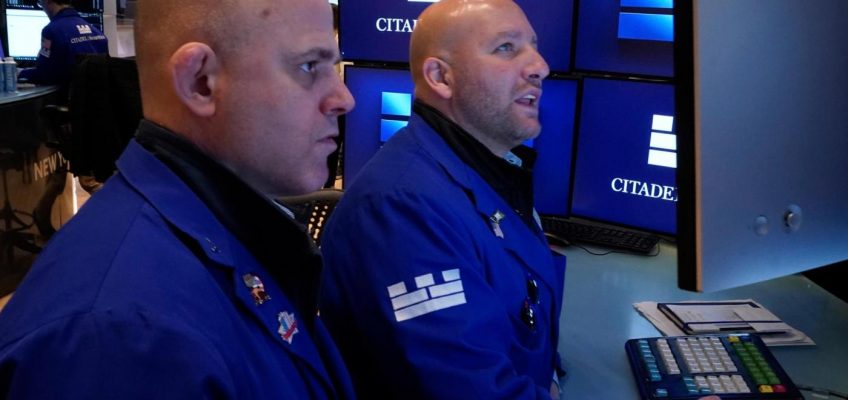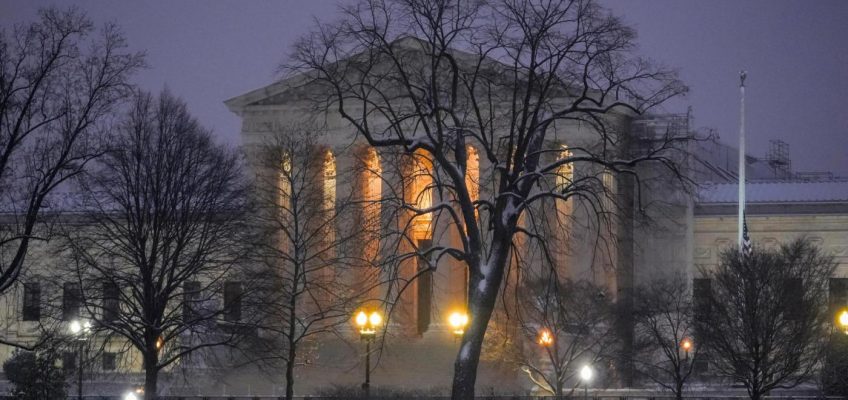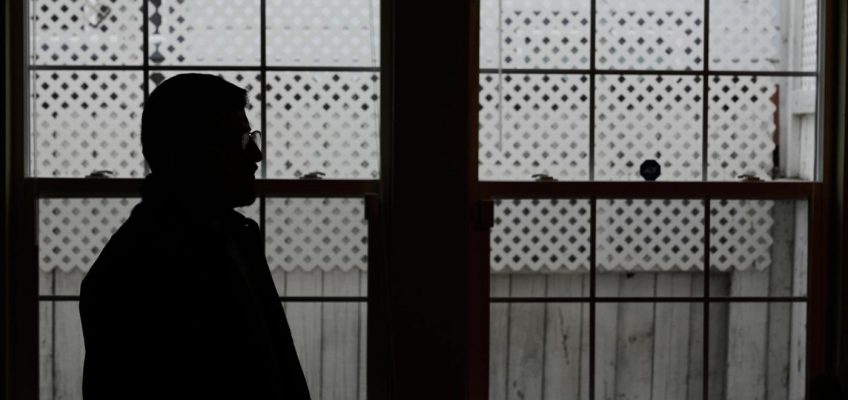By STAN CHOE, Associated Press Business Writer
NEW YORK (AP) — U.S. stocks are holding relatively steady on Tuesday as Wall Street waits to hear what the Federal Reserve will say on Wednesday about where interest rates are heading.
Related Articles
Federal Reserve set to cut rate but may signal a pause to come
More people crowdfunded for essential needs in 2025, according to GoFundMe’s year-end report
Trump approves sale of more advanced Nvidia computer chips used in AI to China
Boeing finalizes $4.7B acquisition of key 737 Max supplier Spirit AeroSystems
2026 Housing market: Stable rates, rising costs ahead
The S&P 500 was virtually unchanged in early trading, coming off just its second loss in the last 11 days. The Dow Jones Industrial Average was up 145 points, or 0.3%, as of 9:35 a.m. Eastern time, and the Nasdaq composite was 0.2% lower.
CVS Health jumped to one of the market’s bigger gains after unveiling new financial projections, including annual compounded growth in earnings per share at a “mid-teens” percentage over the next three years.
“We are committed to doing what we say,” said Chief Financial Officer Brian Newman, who also said CVS Health is closing out 2025 with strong momentum. Its stock rose 5%.
That helped work against a 4.6% drop for homebuilder Toll Brothers and a 4.4% fall for AutoZone, which both reported weaker results for the latest quarter than analysts expected.
Toll Brothers CEO Douglas Yearley Jr. said demand for new homes remains soft across many markets. But he pointed to how his company’s luxury homes aim more at affluent customers, who may be less hurt by “affordability pressures” than other potential homebuyers.
One big factor in that affordability question is mortgage rates. They’re lower than they were at the start of the year, but they perked up a bit after October. That’s largely because of questions in the bond market about how much more the Federal Reserve will cut its main interest rate.
The widespread expectation is that the Fed will cut interest rates on Wednesday afternoon, which would be its third such easing of the year. Lower interest rates can give the economy and prices for investments a boost, though the downside is that they can worsen inflation.
The U.S. stock market has run to the edge of its records in part because of growing expectations that the Fed will cut rates again on Wednesday.
The big question is what kind of hints the Fed will offer about where interest rates will go after that. Many on Wall Street are bracing for talk aimed at tamping down expectations for more cuts in 2026.
Inflation has stubbornly remained above the Fed’s 2% target, and Fed officials are notably split in their opinions about whether high inflation or the slowing job market is the bigger threat to the economy.
Elsewhere on Wall Street, Ares Management climbed 6% after S&P Dow Jones Indices said the investment company will join its widely followed S&P 500 index. It will replace Kellanova, the maker of Pringles and Pop-Tarts, which is being bought by Mars, the company behind Snickers and M&Ms.
The market’s most influential stock, Nvidia, slipped 0.8% after President Donald Trump allowed it to sell an advanced chip used in artificial-intelligence technology to “approved customers” in China. The H200 is not Nvidia’s top product.
In stock markets abroad, indexes were mixed across Europe and Asia.
Indexes fell 1.3% in Hong Kong and 0.5% in Paris for two of the world’s bigger moves.
In the bond market, Treasury yields eased a touch ahead of the Fed’s announcement. The yield on the 10-year Treasury slipped to 4.15% from 4.17% late Monday.
AP Business Writers Matt Ott and Elaine Kurtenbach contributed.




